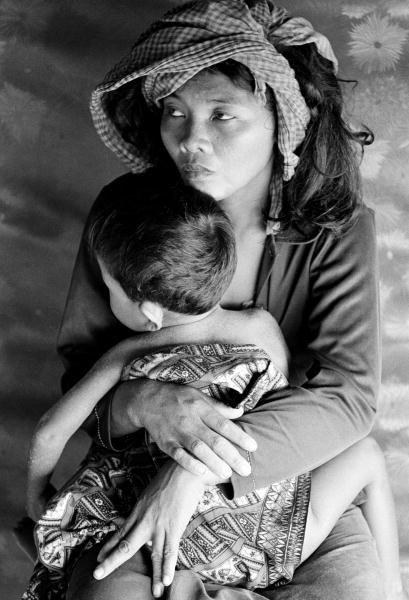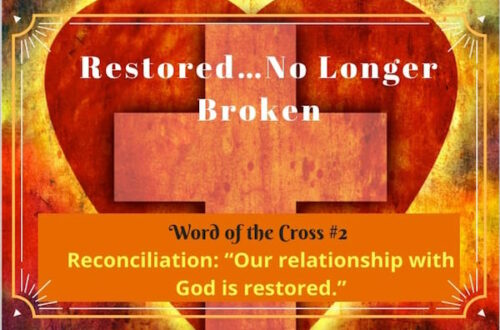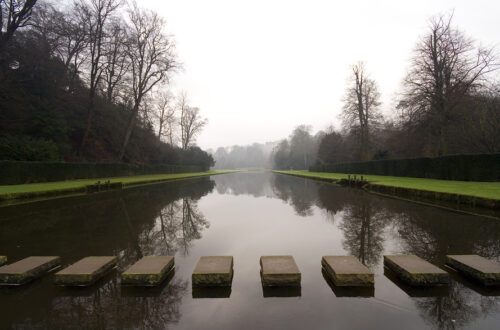
Refugee Escape
My husband breathed heavily as he lifted me and our toddler onto the donkey. My husband’s brown skin, already white with dust, now reflected the moonlight. Our boy started to stir, and I glanced both ways, hoping the boy wouldn’t cry out and waken our curious neighbors. No one could know where we headed, which way we went. I didn’t understand the reasons for our furtive journey, but my husband said that our once safe situation had suddenly become dangerous. There was nothing to be done but flee over the border.
Once we reached the more uninhabited areas of desert, I felt a sense of relief. My husband looked back at me. Normally so handsome, the sand and the breeze had already matted his dark wavy hair. In the shadowy moonlit sand and rock, he looked tired, but resolute as he plodded ahead. I didn’t dare tell him how exhausted I felt and how sore my arms already were from holding our sleeping boy.
In our community people had looked up to my husband. They had valued his work and trusted him. But now we were nobody. Refugees. Homeless. Bandits or wild animals might stalk us.
I hoped we would find another place, another home where people accepted us—where the weary man that led our donkey could work with his hands again. I hoped not just that we could make a living, but that we would find a new community: that someday men would again ask the dusty man in front of me for advice, that women would knead bread with me once more. But for now, I held my sleeping boy with leaden arms and prayed for strength.
That first night, after travelling for several hours, we camped in the open, though I’m not sure how much my husband slept. When we woke up with the sun, we saw a few travelers in the distance, but nothing to cause alarm. After a quick breakfast, we continued.
Our little son looked around silently with his brown eyes. Sometimes he would ride on his daddy’s shoulders, but usually in my lap. Days and nights began to run together. We became even darker in the sun. Weary from traveling, the dust and wind made us look disreputable.
I don’t know how long we travelled. I saw many sunsets. Sometimes we stayed in an inn, but more often we slept under the moon, and many nights with no light but the stars. Once we crossed over a river and I was fearful. Joseph put Jesus on his back and just for a moment I had a horrible mental picture of them both drowned on a river bank, but I pushed it out of my mind. Joseph told me God let him know that it was time to flee, so we would continue. Finally we reached Egypt. Joseph turned to me and said, “Mary, we’re safe.”
We’re beginning to look for a new place to settle—a place that could use a carpenter. Will you pray for us that we find a place that will welcome three refugees?
I first told this story in 2019 on this site. It is, of course, the biblical account Christians call the Flight to Egypt. The photo above is a United Nations photo of a Combodian mother and child taken in 1979. Then, as now, many people in various parts of the world leave their homes and countries for their own safety or that of their children. In the process, some may cross a border without documentation. I happen to be blessed to live in a place where neither I, nor my children or grandchildren are forced to leave our homes for safety. That blessing is accompanied by responsibility to consider how to help those who seek refuge.




